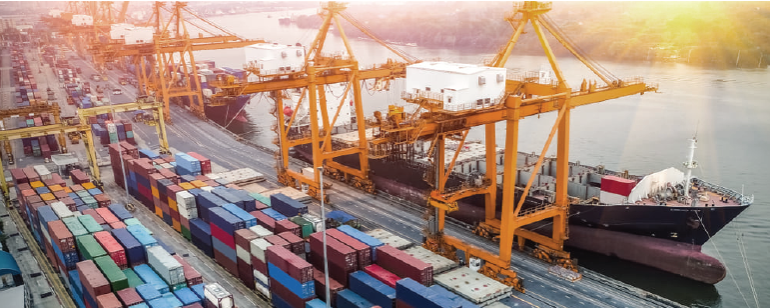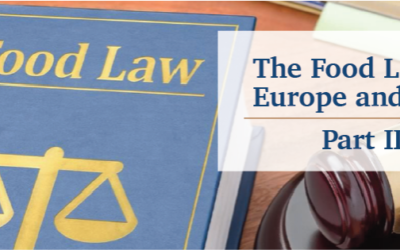Every day, thousands of goods are imported into the European Union by importers and customs agents from so-called third countries. Goods imported from outside the European Union must be “cleared through customs” in order to bring the goods into free circulation. This means that you as an importer usually have to pay import duties, among other things, on the imported goods. Thus, at the time the customs declaration is accepted by Customs, a customs debt of import duties arises. You will then receive an “payment notification / declaration” (in Dutch: “uitnodiging tot betaling” or “UTB”) from Customs.
Payment notification after acceptance customs declaration
The customs debt is therefore incurred when the customs declaration is accepted. In that case, Customs has determined which commodity code (HS code / CN code / Taric code), origin and customs value apply to the imported goods. It is on the basis of this information that the customs debt is in fact determined.
Payment notification after post-import audit
However, it also happens regularly that Customs (during a post import audit) is of the opinion that, for example, an incorrect commodity code (HS code / CN code / Taric code) was used for the imported goods. This will often mean that, in Customs’ opinion, too little import duty has been paid as a result. In that case the importer will also receive a payment notification. But this payment notification is an after-clearance claim.
(Written) view
Subject to a number of exceptions, Customs is obliged to notify the importer of its “intention to impose the payment notification” before an payment notification is imposed in the context of an post-import audit. The importer must already be given the opportunity to put forward his point of view against Customs’ intended claim: an “informal” objection.
An opportunity that – in consultation with a customs lawyer – should certainly be taken. In our practice we regularly see that a (lengthy) objection and appeal phase can be avoided by putting forward a defence at an early stage against the intention to impose a payment notification by means of a (written) view.
Objection and appeal
What if the importer has finally received the after-clearance claim by means of a payment notification? The importer then has the opportunity to submit an objection to Customs within six weeks. The objection will then be handled by someone other than the person who took the original decision at Customs.
Is the objection rejected? If so, it will be possible to start an appeal procedure at the court, after which an appeal and cassation appeal (the final “appeal”) are also possible.
Need advice?
Are you an importer or customs agent and have you received a payment notification? Would you like to submit an opinion or submit an objection/appeal? Please feel free to contact one of our lawyers at jwolfs@aliantlaw.com





